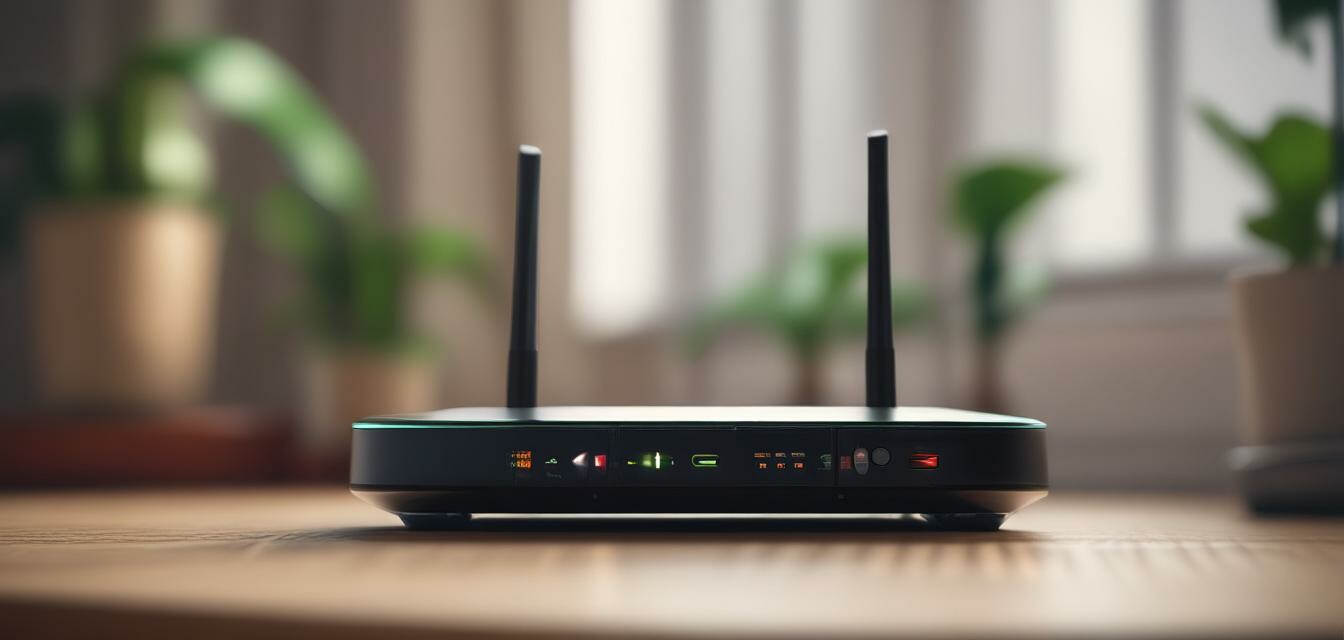
Easy ways to improve your home WiFi security
Key Takeaways
- Change the default credentials of your router.
- Enable WPA3 encryption for enhanced security.
- Regularly update your router firmware.
- Enable network encryption and a guest network.
- Use a VPN for additional privacy.
In our increasingly connected world, securing your home WiFi network has never been more crucial. With numerous devices vying for connectivity, enhancing your WiFi security not only protects your personal data but also safeguards your entire network. This article will guide you through simple and effective tips to enhance your home WiFi security.
1. Change default credentials
Most routers come with a default username and password that can be easily guessed by intruders. Changing these credentials is a critical first step in securing your network.
How to change router credentials
- Log in to your router's web interface.
- Find the section for administration settings.
- Change the default username and password to something unique and complex.
2. Enable WPA3 encryption
WPA3 is the latest and most secure WiFi encryption standard. This feature ensures that data traveling over your network is protected.
Steps to enable WPA3
- Access your router settings.
- Navigate to the wireless security section.
- Select WPA3 from the dropdown menu.
- Save the changes and reboot your router if necessary.
3. Regularly update router firmware
Manufacturers frequently release firmware updates to fix vulnerabilities and improve performance. Regularly checking for these updates can enhance your network security.
How to check for firmware updates
- Log in to your router's web interface.
- Locate the firmware update section.
- If an update is available, follow the prompts to install it.
4. Enable encryption and guest networks
Using network encryption and setting up a guest network can prevent unauthorized access. A guest network allows visitors to use your WiFi without accessing your main network.
Setting up a guest network
- In the router settings, look for the guest network option.
- Enable the guest network and set a unique password.
- Limit the bandwidth available to the guest network, if possible.
5. Use a VPN for extra privacy
A Virtual Private Network (VPN) creates a secure connection to another network over the Internet, adding an additional layer of privacy to your browsing habits.
Benefits of using a VPN
- Keeps your internet activity private.
- Encrypts your data, making it harder for hackers to access.
- Allows you to browse the web anonymously.
Conclusion
Enhancing your home WiFi security is essential for protecting your personal information and ensuring a seamless internet experience. By following these simple steps, you can significantly improve your network's security. For more detailed guidance on managing your internet connection, check out our Tips and Tricks section, and explore our wide range of affordable internet plans.
Pros
- Improved security against unauthorized access.
- Protection of personal data.
- Better overall network performance.
Cons
- Initial setup may require technical knowledge.
- Regular updates needed for optimal performance.
